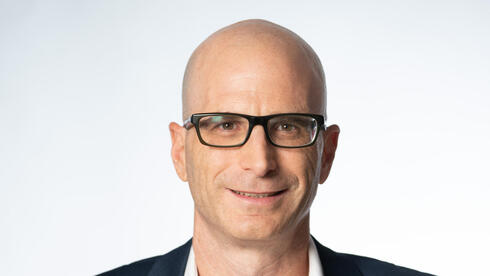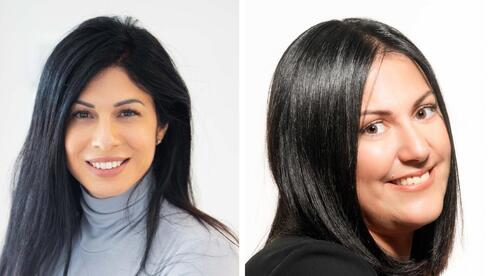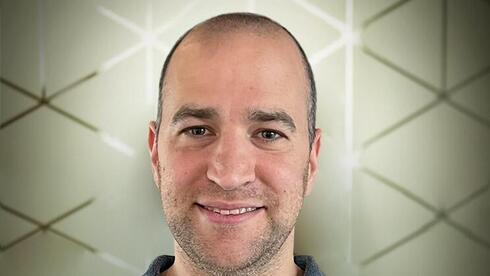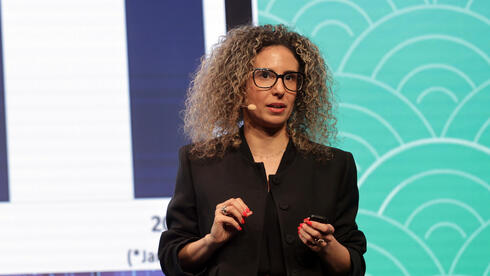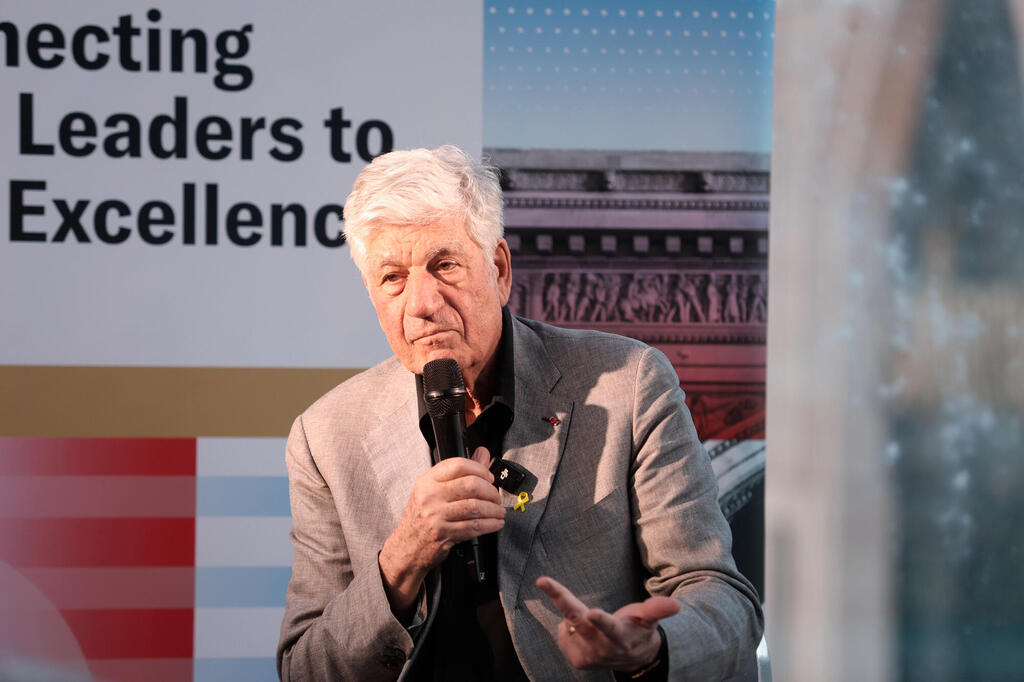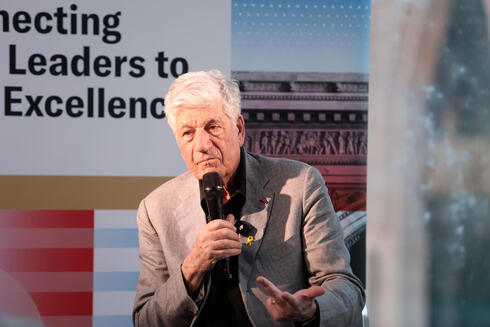
Paris 2024Publicis Chairman: "People are afraid of becoming a target of anti-Semitism"
Paris 2024
Publicis Chairman: "People are afraid of becoming a target of anti-Semitism"
Maurice Levy, who heads one of the largest advertising companies in the world, commented on the situation in Israel at an event held as part of the business delegation to Paris organized by Calcalist and Bank Hapoalim.
"Our hearts are with you, and the Jewish community in Paris is in great solidarity with Israel. The Jews are with you," said Maurice Lévy, chairman of the Publicis Group and founder of VivaTech in a conversation with Calcalist reporter Sophie Shulman. Lévy was the keynote speaker at the first evening event of the Calcalist and Bank Hapoalim business delegation to Paris.
You're world famous for your advertising career, but you actually started out as an IT guy. How did you get from IT to advertising and how do you transform such a traditional organization into an innovative and advanced one?
"It’s a long story, but I will try to tell it briefly. I am indeed an IT person by training, and I started a job in the field at some advertising company, and after two or three hours every day of my work would be finished.
"I actually led our IT team, and our hardest days would last four hours at most. So what do you do when you finish what needs to be done in such a short time? You go over to the creative department. It was good that I also had good ideas, and I quickly became the cornerstone of that agency.
"I left that agency in 1971 because the chairman just had a bad idea. He invited me to lunch and offered me to be the CEO. Instead of telling him 'thank you very much, give me a raise,' I asked him 'why me?'. He told me it was because I was the best. So I said if I am the best in such a big agency, which employs hundreds of people, the agency is in trouble, so I had to leave. Right after that, I joined Publicis.
"The idea of developing something, changing it, is relatively easy because the strategy of an advertising agency is not rocket science. It depends on the business environment and the customers. If you look at the consumers and their behaviors, you have the key to winning their hearts. It was not too complex. I just needed to observe what was happening; it just so happened that I made more good decisions than bad decisions throughout my career."
It sounds pretty easy the way you describe it.
"It's very easy. Even a monkey can do it. You just have to make the right decisions. If you make bad decisions, then you fail."
In 2016, you decided to start a new venture - the VivaTech event that takes place once a year and some call it the CES of Paris.
"The idea of VivaTech started as an idea of the French Ministry of Commerce in 2006, so first of all, it took a decade to do it. We asked what the government should do to accelerate the growth of the startups here and build a sustainable economy around them. We said that if you want people to believe in something, you have to show it. And for that, we need to present what is happening in Paris. And Paris is the center of the world for a few days when everything happens. At the request of President Sarkozy, we organized a meeting that touches on everything that is happening in the world in regards to startups and technology. We had them all. When we did it, we realized that people would do it.
"In 2016, we celebrated the 90th birthday of Publicis, and as part of that, we decided to fund 90 startups - a startup for every year the company has existed - we then held a competition, and the winner was an Israeli startup. We brought thousands of startups to the festive event, and from that, VivaTech was actually born."
How does the business sector in France see the situation in Israel today?
"There is fear when you look at Israel, and there is also a fear of people becoming a target of anti-Semitism. In business, people do not want to be targeted by pro-Palestinian organizations that will demonstrate against them. They talked to us about not inviting Israelis and Jews so as not to attract demonstrations, but we are bringing Eric Schmidt who received a great reception and Eyal Waldman who will speak on Friday."
Sitting in the crowd are people from the top of Israel's business sector. What advice would you give them these days?
"You want me to give advice to the Israelis?" he laughs. “It's like when Shimon Peres came to me and asked me to help Israel communicate better with the world. So we convened three people and the result was that there were 10 different opinions. Three people, 10 opinions. You don't need my advice."



